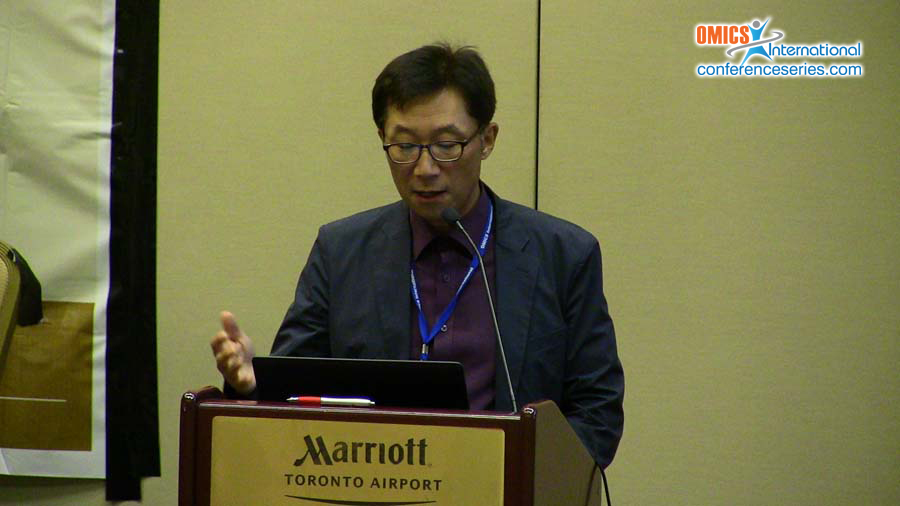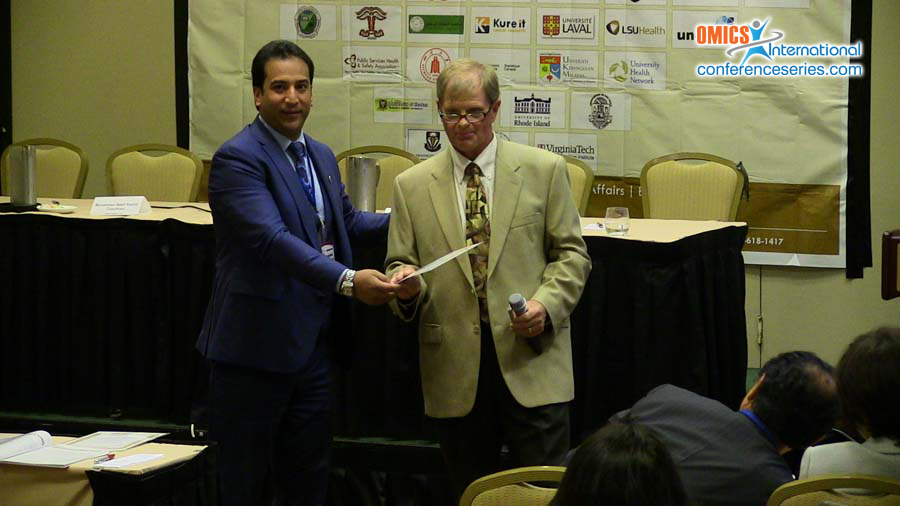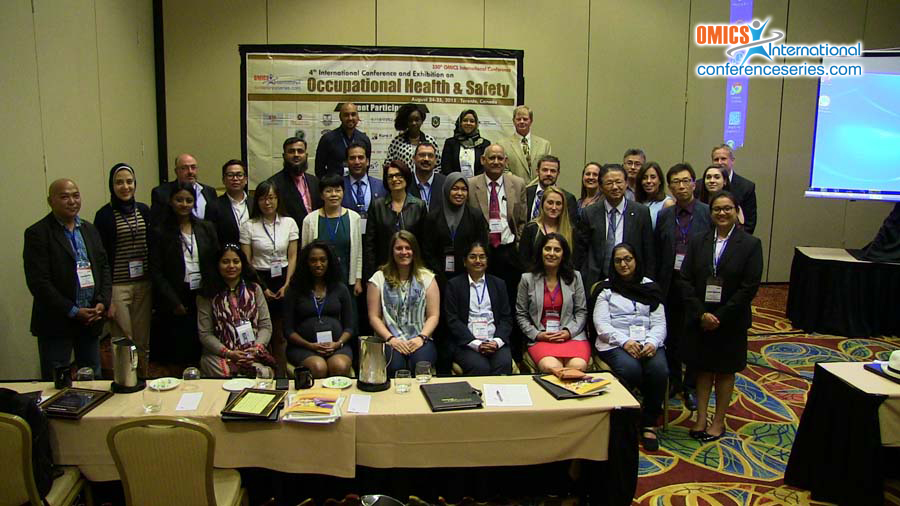Jungwee Park
Statistics Canada, Canada
Title: Effects of occupational characteristics on physical and psychological health among Aboriginal workers
Biography
Biography: Jungwee Park
Abstract
This study investigates physical and psychological health effects of various occupational characteristics of the Aboriginal population Previous research has confirmed the role of various dimensions of socio-economic status as a important social determinant of health. Especially, it is reported that employment status as well as quality/type of jobs are significantly associated with health status. People who have more control over their work circumstances, a higher level of job skills, and better job quality tend to live healthier life compared with those in less desirable employment settings. Overall, Aboriginal people have been denied access to the resources and conditions necessary to maximize their socio-economic status. As a result, fewer Aboriginal people are in the workforce. According to the 2006 Census, unemployment rates are higher for First Nations, Inuit and Métis with rates of 18%, 20% and 10% respectively compared to an unemployment rate of 7% for the general Canadian population. Moreover, Aboriginal workers tend to be employed in menial or clerical/support/labour positions where they have little control over their work conditions. Although there have been a number of statistical reports on overall health and economic condition of Aboriginal people, the relationship between Aboriginal people’s occupational characteristics and specific health status has been less documented. This study attempts to fill that data gap. It would examine concurrent associations between various job-related conditions (such as type of occupation, education-skills mismatch, job tenure, firm size, industry, part-time/full-time, job sector, temporary/permanent) and physical (self-reported health, chronic conditions) and psychological (self-reported mental health, distress) health status. Using the 2012 Aboriginal Peoples Survey and 2011 National Household Survey, this study intends to answer following questions: • Among the employed population, how would occupational characteristics be associated with physical health outcomes • Among the employed population, how would occupational characteristics be associated with psychological health outcomes • What are some protective effects (health behaviours, community support, etc. Preliminary findings indicate that Compared to their non-Aboriginal counterparts, Aboriginal workers with higher education levels (bachelor degree or higher) were less likely to be overqualified than their non-Aboriginal counterparts; but Aboriginal workers with lower than university education were more likely to be overqualified than the non-Aboriginal workers with the same education level. Overall, job-skill mismatch (overqualification), job quality, blue-collar occupations are related to negative mental and physical health status.
Speaker Presentations
Speaker PPTs Click Here




